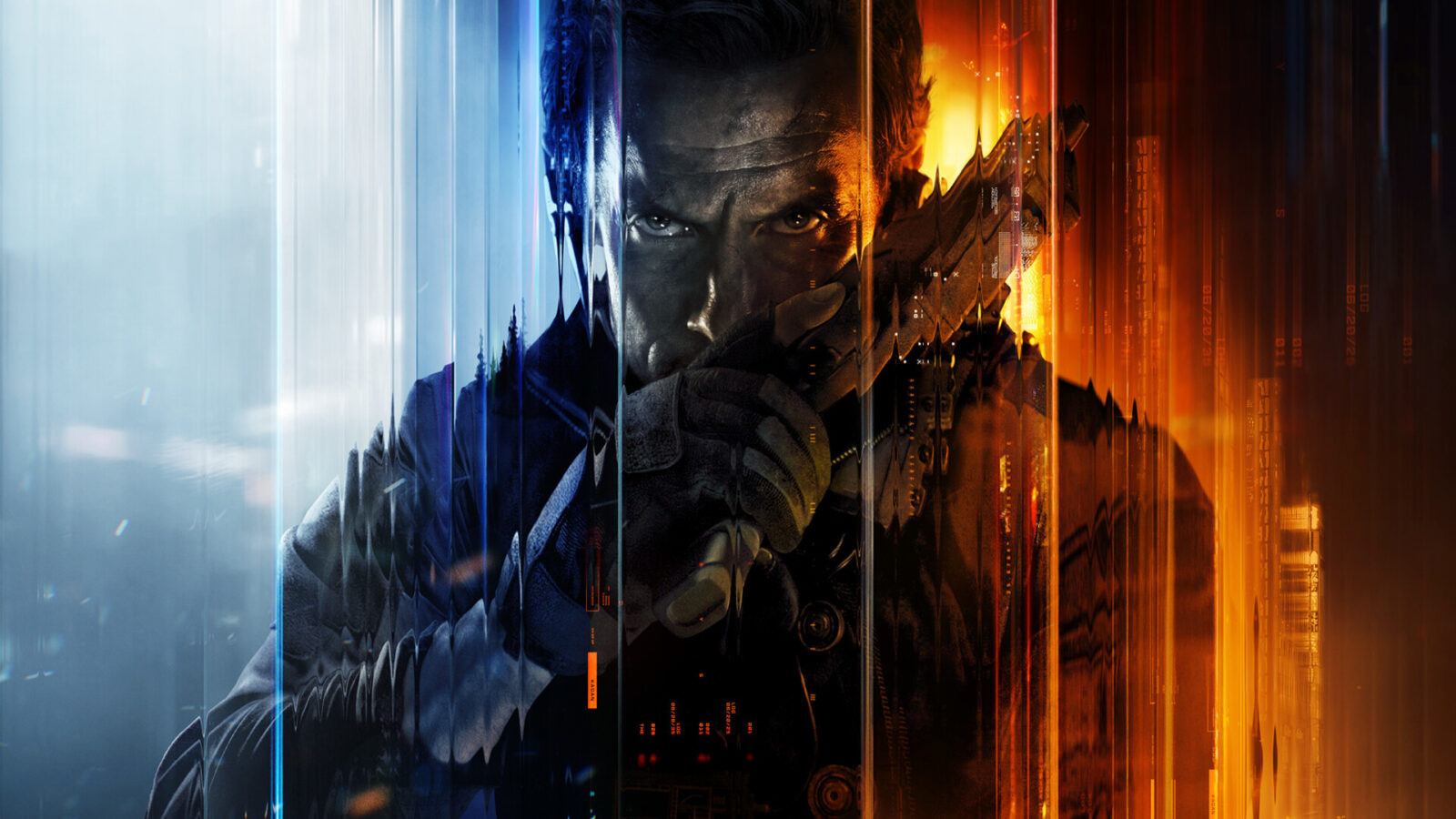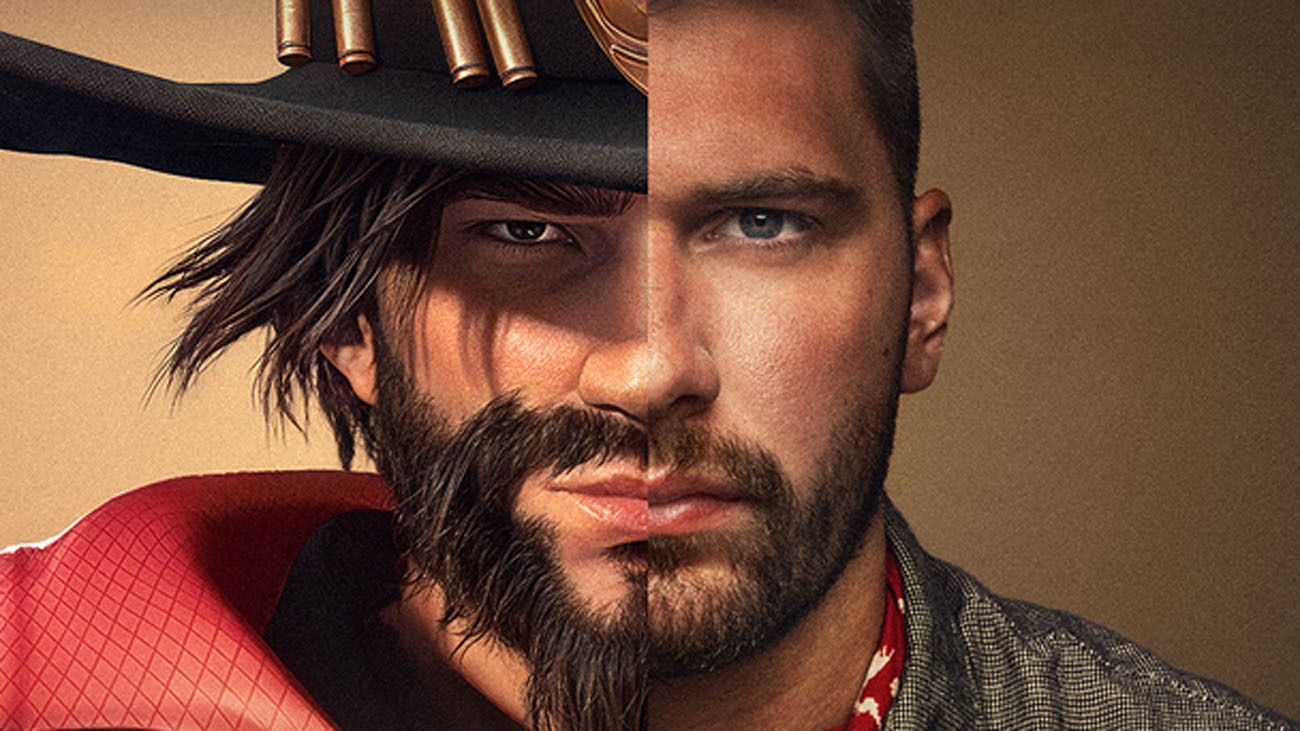TL;DR: Dexter: Resurrection is the best version of the revival we could have hoped for: sharper, smarter, and darkly hilarious, giving Michael C. Hall room to explore a more weathered Dexter while reflecting on the ghosts he left behind. It’s not just more Dexter – it’s better Dexter.
Dexter: Resurrection
The Antihero We Can’t Quit
It was not long ago, when Dexter Morgan first glided onto my TV screen with his crisp pastel shirts, clinically white sneakers, and inner monologues soaked in nihilistic glee. Back then, I was a wannabe forensic science major who spent Saturday nights binging Forensic Files instead of, well, having a life. Watching Dexter stalk Miami’s worst with plastic wrap and a hacksaw felt like flipping open my anatomy textbook and finding it smeared with blood, irony, and moral ambiguity.
Then the lumberjack finale happened.
I didn’t talk about it for weeks. It was like losing an old friend to an MLM scheme. Dexter – my charming, introspective mass murderer – vanished into beardy mediocrity. New Blood tried to fix it, and while it gave us Michael C. Hall back in his vintage knitted murder gloves, it tied things up with a neatness Dexter never earned. This show was never Breaking Bad. It was an existential horror sitcom about our darkest impulses.
So when Dexter: Resurrection was announced, I scoffed into my coffee mug. Resurrecting a twice-ended series seemed like corporate necromancy. But four episodes in, I’m here, notebook full of scribbles, heart thudding with cautious glee, because – somehow – Showtime has done it. They’ve revived Dexter not as the blood-splattered vigilante of old, but as a smarter, sadder, slyer incarnation that understands what made us fall for him in the first place.
The Plot: A Corpse With a Pulse
Set just weeks after New Blood’s finale – you know, the one where his teenage son Harrison shot him like a moose in rut – Resurrection opens with Dexter awakening from a ten-week coma. His re-emergence isn’t triumphant. His scars ache. His muscles have atrophied. He’s haunted not just by his deeds, but by literal ghosts of the past, particularly his father Harry, played once again by James Remar with that familiar paternal sigh of disappointment.
Harrison is missing, swallowed by the city’s maw. Dexter’s paternal instincts – warped and unreliable – kick in. He traces his son to New York City, which in this universe has become a smorgasbord of predators and perversions. And because Dexter can’t walk five blocks without tripping over a serial killer, he discovers a new “Dark Passenger” – a murderer using his old lingo like they bought it on Etsy.
Cue Peter Dinklage as Leon Prater, a billionaire collector of murderabilia, operating a White Lotus for serial killers with Uma Thurman as his stone-cold head of security, Charley. Krysten Ritter, Neil Patrick Harris, Eric Stonestreet, and David Dastmalchian flit in and out of this twisted club like gothic Pokémon. They’re freakishly fun to watch, adding a stylised horror camp that feels like American Horror Story if it stopped taking itself so seriously.
Meanwhile, Harrison is playing bellhop at the Empire Hotel, grimacing through every mundane task with that dead-eyed teen angst that made New Blood interesting. He’s trying to build a normal life, but the show quietly asks: is it possible when darkness runs in your veins?
Dexter: Older, Slower, Sharper
Under returning showrunner Clyde Phillips, Resurrection writes Dexter as a man worn thin by time and violence. Michael C. Hall’s performance is magnificent here – tighter, less performative. His inner monologues no longer feel like a quirky podcast for murder nerds. They’re weary, wry, and tinged with regret. There’s an emotional gravity to Dexter’s silence as he watches children play, or studies the echo of his own father in his haunted conscience.
The writing dials back the series’ worst habits: clunky exposition, cartoonish villains, and forced nihilism. Instead, it leans into irony. Dexter’s anger at the new killer for “stealing” his Dark Passenger phrase is comedic gold, but it also punctures the myth of his uniqueness. He is just another monster in the dark, trying to justify his bloodlust with moral loopholes.
There’s a quiet brilliance in how Resurrection explores generational trauma. Harrison’s scenes with Elsa (Emilia Suárez) mirror Dexter’s early bond with Rita, but this time it’s tinged with a deep psychological melancholy. Is Harrison fated to repeat his father’s sins? Or does knowing that legacy give him the power to break it? The show doesn’t answer. Instead, it lets the dread simmer.
The Ensemble: A Carnival of Kooks
Let’s talk casting. Peter Dinklage is deliciously unnerving as Leon Prater, a villain who could have been goofy in lesser hands. He plays him like an overeducated cannibal who hosts TED Talks about skinning techniques. Uma Thurman’s Charley is pure intimidation – no Tarantino theatrics, just lethal stillness.
Krysten Ritter, Neil Patrick Harris, Eric Stonestreet, and David Dastmalchian guest-star as serial killers with gimmicks worthy of Batman: The Animated Series. Yet the writing avoids turning them into one-note gags. Ritter’s Lady Vengeance, in particular, exudes that chaotic misandrist energy that made Jessica Jones sing. Her chemistry with Hall is magnetic – not sexual, but deeply unnerving in its familiarity.
Jack Alcott’s Harrison remains the emotional pivot. His performance feels raw and unsettled, especially in Episode 3’s climactic confrontation where his restraint fractures under unbearable guilt. Alcott doesn’t imitate Hall’s chilly precision. Instead, he plays Harrison as a broken teen who sees his darkness as both curse and inheritance.
And yes, David Zayas returns as Angel Batista. Older, wiser, and suspicious, Batista’s presence injects nostalgia and tension in equal measure. His reunion with Dexter is quiet brilliance – two men pretending to be old friends, while secrets churn beneath every smile.
Resurrection’s Secret Weapon: Modern Horror Satire
Here’s what elevates Resurrection above New Blood: it understands that Dexter is more than a killer with moral justifications. He’s a commentary on why we crave murder stories. This revival digs into true crime obsession, murderabilia collectors, and the performative grief economy that blooms around serial tragedies.
Watching Dexter realise he’s no longer unique, just another commodity in the trauma market, is darkly hilarious. The show’s satire is sharp without becoming smug, and the horror stylisation – glistening blood, silent kills, quick cuts to human remains in glass vitrines – feels like a spiritual sequel to Hannibal.
Michael C. Hall – The Antihero Grows Old
Almost two decades since his debut, Michael C. Hall still anchors the series with chilling charm. But here, he imbues Dexter with the exhausted melancholy of a man who has spent a lifetime making excuses for himself. The dry humour remains – his comedic timing is as precise as his scalpel – but it’s tempered by resignation. His scenes with Remar’s Harry are particularly affecting, grappling with themes of aging, legacy, and the impossibility of true redemption.
Final Thoughts – Darkness, Rewritten
Dexter Morgan is the antihero we can’t quit. Dexter: Resurrection doesn’t erase his past failures. It wears them like scars, building a smarter, messier narrative about guilt, trauma, and the limits of moral exceptionalism. Is it perfect? No. Some pacing issues remain, and the concept still teeters on self-parody at times. But it’s thrilling to see the show resurrect itself not just as nostalgic fodder, but as a dark mirror reflecting why we loved Dexter in the first place.
Verdict
Dexter: Resurrection is more than a nostalgic cash grab. It’s a blood-soaked meditation on guilt, fatherhood, and the commodification of violence, anchored by Michael C. Hall’s career-defining performance. It’s not just more Dexter – it’s better Dexter. The darkness never dies. It just learns how to adapt.






